
News

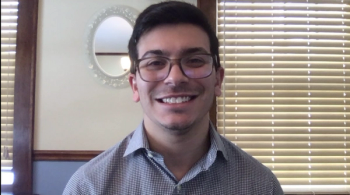
Neurology News Network for the week ending December 26, 2020.

Take 5 minutes to catch up on NeurologyLive's highlights from the week ending December 25, 2020.
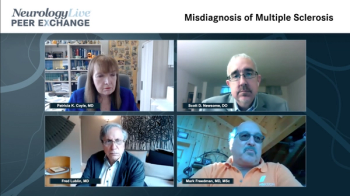

Henry Ford Health System’s investment in advanced DBS technology and its commitment to multidisciplinary care has helped them become a leading treatment center for Parkinson disease and related movement disorders.
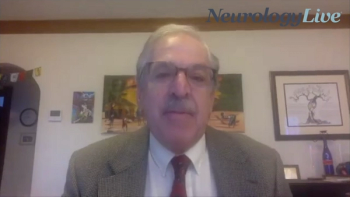
The neurologist from the Comprehensive Epilepsy Care Center for Children and Adults, in St. Louis, Missouri, discussed how his team worked to reduce deleterious ASM interactions.
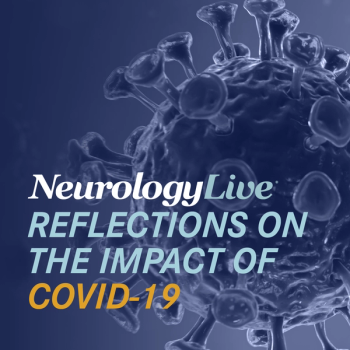
NeurologyLive conducted a number of interviews and conversations with leaders within the neurology community to discuss the resources and tools used to adapt to the COVID-19 pandemic.

The Merz Therapeutics product, marketed as Xeomin, is the first and only FDA-approved neuromodulator available for patients aged 2 years and older with chronic sialorrhea.

NeurologyLive conducted a number of interviews and conversations with leaders within the neurology community to discuss whether the COVID-19 pandemic forced clinicians to change treatment regimens or prescriptions.

The director of the Mid-Atlantic Epilepsy and Sleep Center also urged physicians to not give up on the search for effective AEDs for their patients.

The pandemic's impact stretches across all aspects of life, and has particularly concerning effects on the sleep of those working on the frontlines providing care of patients.

PTC Therapeutics announced the initiation of its third study of 2020 investigating vatiquinone.

Annual reviews of moderate to vigorous physical activity may help patients maintain adequate levels of activity after stroke.
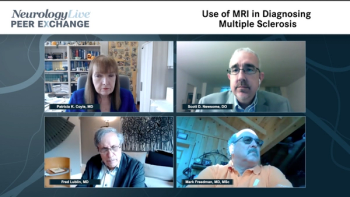

NeurologyLive conducted a number of interviews and conversations with leaders within the neurology community to assess how the COVID-19 virus affected the pathology of neurologic disorders.

The assistant professor of neurology and anesthesiology at Harvard Medical School detailed the findings of a phase 2 trial using ezogabine, a drug once FDA-approved to treat epilepsy, in patients with ALS.

Barry J. Byrne, MD, PhD, chief medical advisor, Muscular Dystrophy Association, calls for the prioritization of persons with neuromuscular diseases as early candidates for the COVID-19 vaccination implementation.

The phase 2b/3 study will enroll 160 patients with either familial or sporadic ALS with a primary end point in change from baseline on Revised Amyotrophic Lateral Sclerosis Functional Rating Scale score at 24 weeks.

There were no observations of clinical resistance or secondary treatment failure due to neutralizing antibodies, supporting the importance of the treatment’s unique purification process through XTRACT technology.

NeurologyLive compiled a number of interviews and conversations with leaders within the neurology community to discuss how they adopted new methods of care throughout the COVID-19 pandemic.

NeurologyLive compiled a number of interviews and conversations with leaders within the neurology community to discuss how the COVID-19 pandemic has affected telemedicine.

More patients on rimegepant than placebo reached at least a 50% reduction in monthly migraine days.

This specialty series is dedicated to assessing the impact COVID-19 has had on the quality of life of patients with neurological disorders and the clinicians who were forced to adapt during this unique era of medical history.
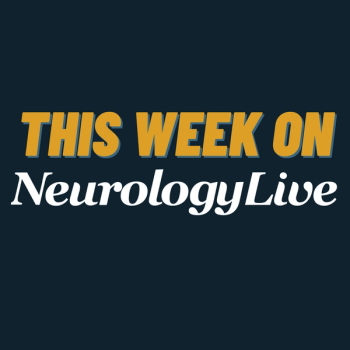
Here's what is coming soon to NeurologyLive.
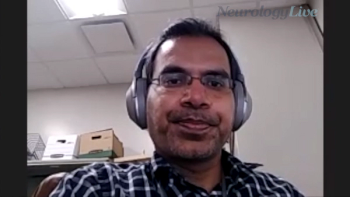
The research scientist from the University of Texas Medical School discussed how machine learning was most effective in predicting delayed cerebral ischemia when it took human-derived variables into account.

There were significantly fewer patients reaching severe dementia stage with masitinib 4.5 mg/kg/day compared with placebo after 24 weeks of treatment.

All 7 predictive scales analyzed were found to be highly accurate, with some more feasible than others.

Neurology News Network for the week ending December 19, 2020.

Take 5 minutes to catch up on NeurologyLive's highlights from the week ending December 18, 2020.

The neurologist from the Comprehensive Epilepsy Care Center for Children and Adults, in St. Louis, Missouri, discussed how patients with intractable epilepsy found cenobamate effective.
